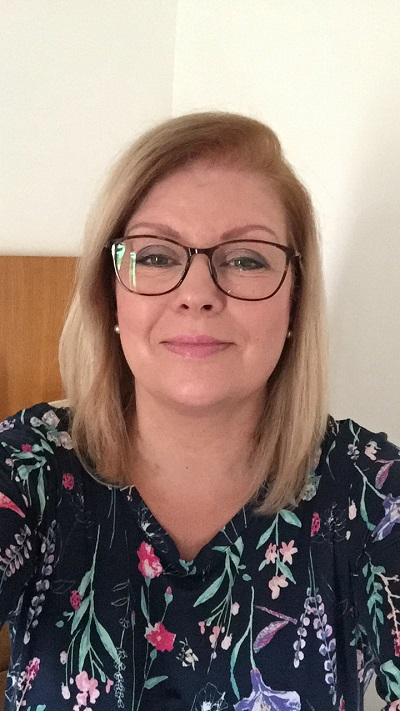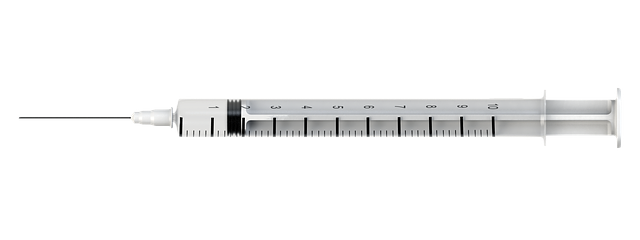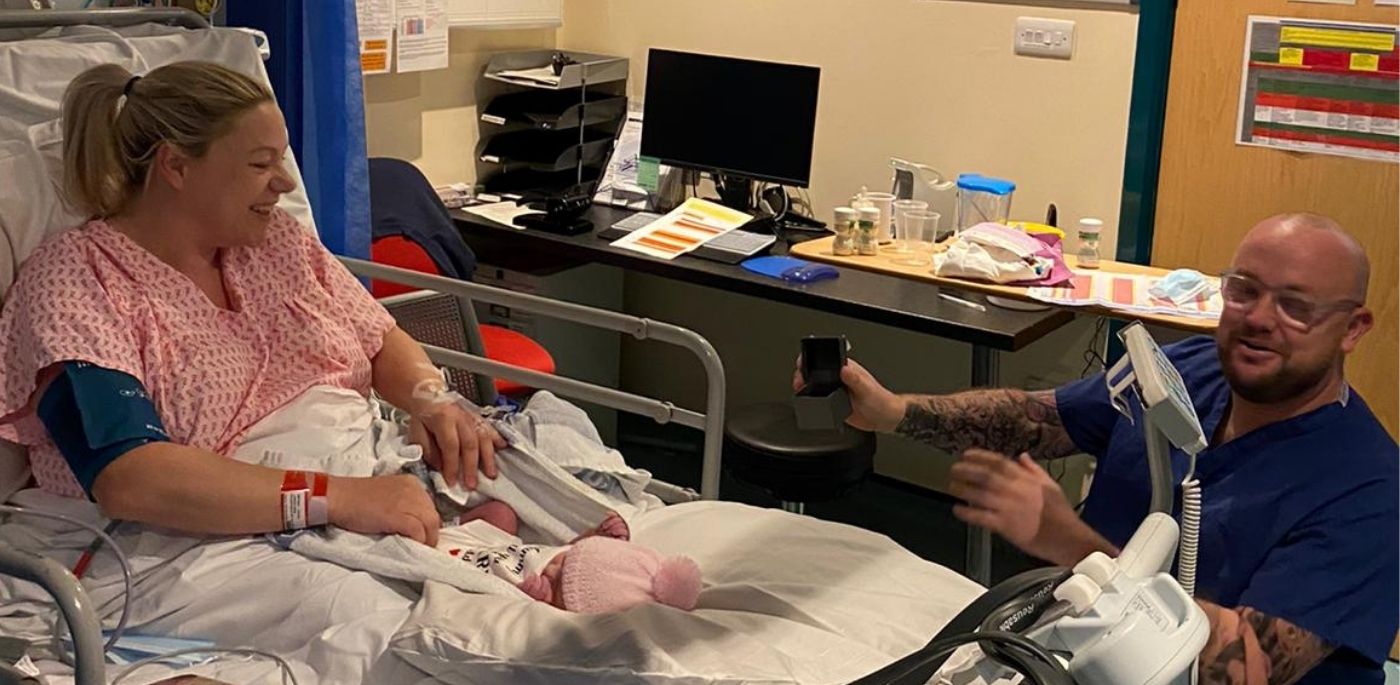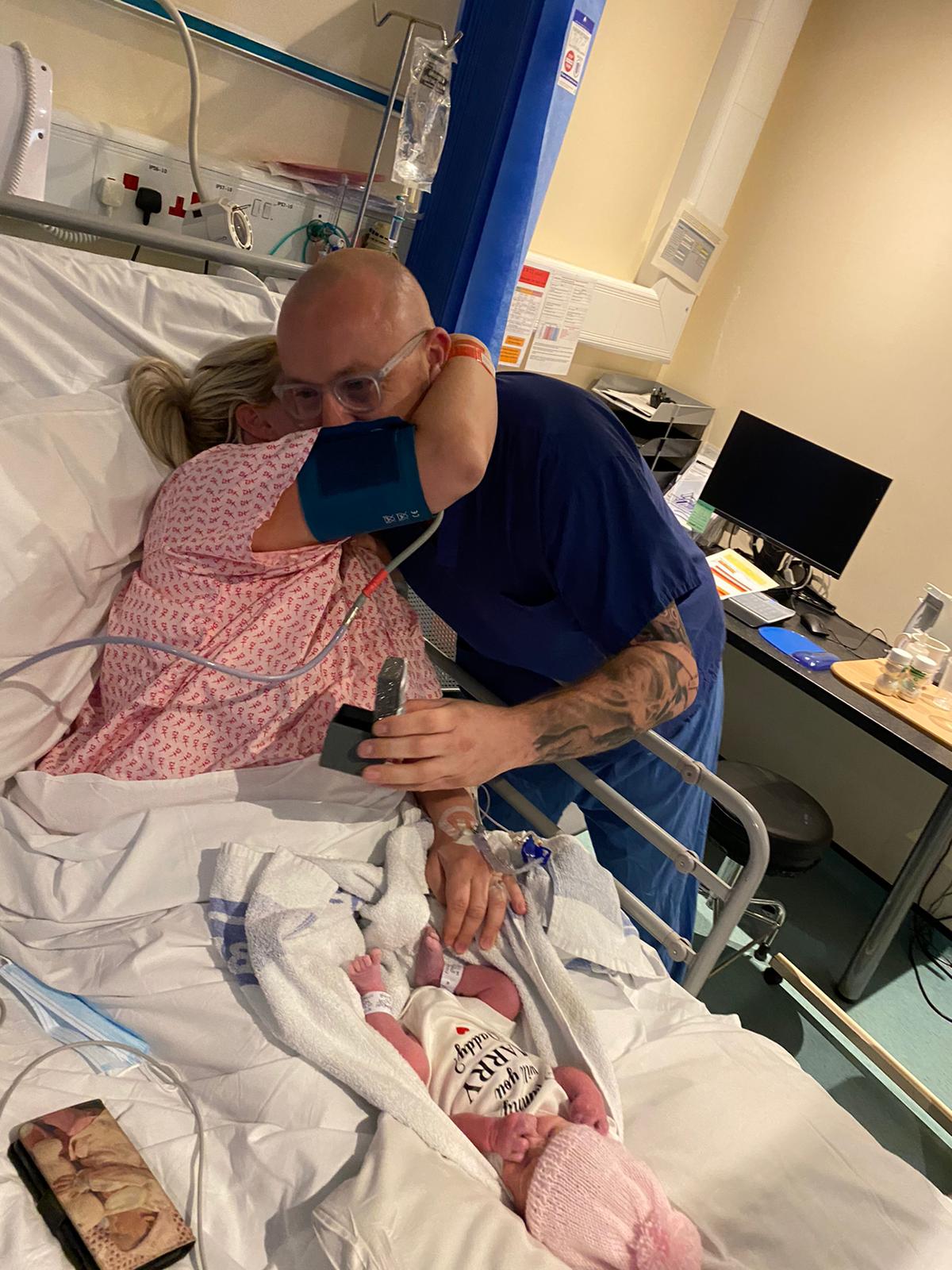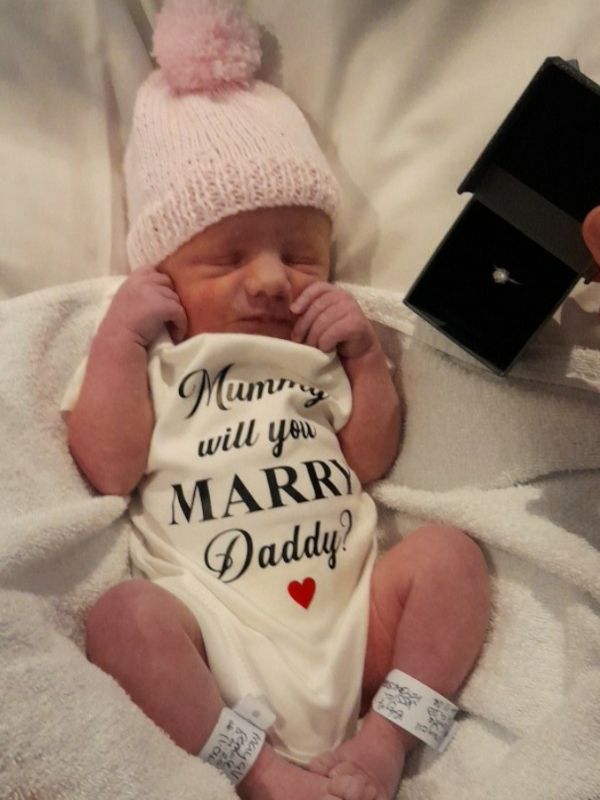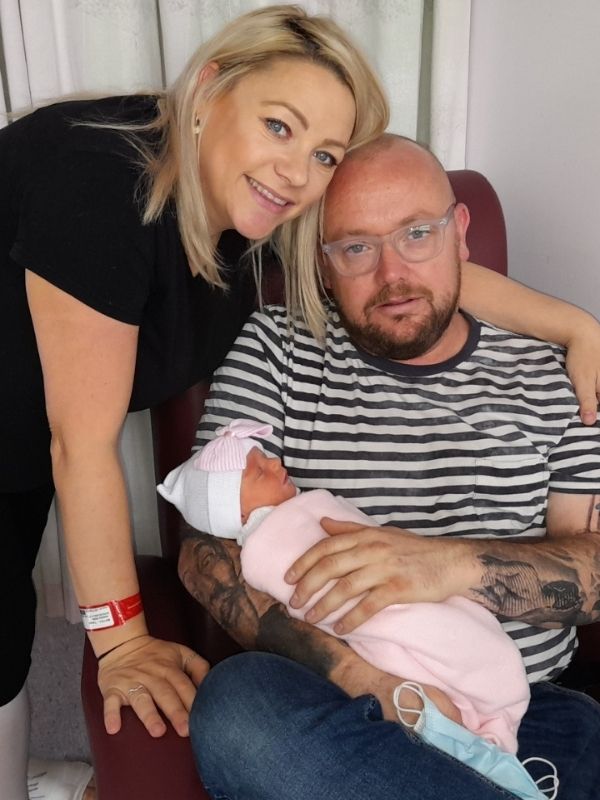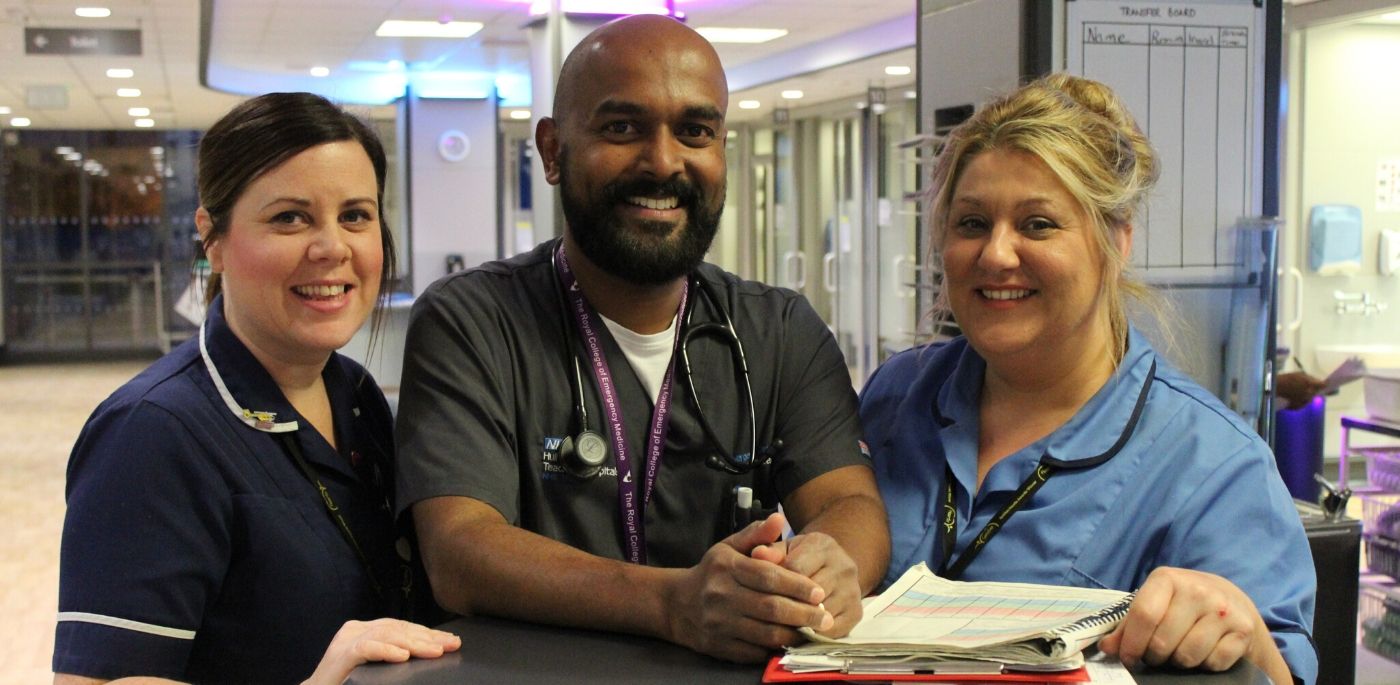A new website has launched across the Humber, Coast and Vale area to help pregnant women stop smoking – with their loved ones also encouraged to quit at the same time to help them succeed in kicking the habit.
Humber, Coast and Vale, an area which includes the cities of Hull and York and large rural areas across Northern Lincolnshire, North Yorkshire and the East Riding of Yorkshire, has one of the highest smoking at delivery rates in England with 14.4% of women in the area known to be smokers when they give birth, compared to a national average of 9.8%.
Smoking is harmful to your unborn baby so quitting is the best thing you can do to give your child a healthy start to life. It can be challenging to give up but it’s never too late to quit – even if you’re in the latter stages of pregnancy.
When you stop smoking you reduce your risk of complications in pregnancy and birth, and are more likely to have a healthier pregnancy and healthier baby. Stopping smoking also reduces the risk of stillbirth and sudden infant death syndrome, also known as cot death.
The Bump the Habit website contains lots of information and features to help pregnant women give up smoking, including a service finder tool which shows where their nearest stop smoking service is located to enable easy access and improve their chances of successfully quitting as you’re up to four times more likely to quit with their expert help and advice.
It also includes real-life stop smoking stories, a myth-busting section and an area for health and care professionals which contains guidance from national organisations.
There are also financial benefits to stopping smoking, with the average packet of 20 cigarettes costing £11.15, and the Bump the Habit website features a quitting calculator which works out how much money you would save if you were to give up.
A person who smokes 20 cigarettes a day could save almost £340 per month on average if they were to quit – which could pay for the redecoration of the nursery, or for a new television (for all those sleepless nights).
Beverley Geary, Chief Nurse at Hull University Teaching Hospitals NHS Trust and Senior Responsible Officer for the Humber, Coast and Vale Health and Care Partnership’s Local Maternity System said:
“It can be challenging to stop smoking but it’s the single best thing you can do for your health and the health of your unborn baby. If your partner, friends or family members also smoke you could suggest you stop together so you can support each other to make the process that little bit easier.
“You’re more likely to stop smoking with the right assistance rather than willpower alone so speak to your midwife and local stop smoking services as they can provide effective non-judgmental help and support, while the Bump the Habit website contains lots of information and advice to help you with your journey to becoming smoke-free.”
For more information, please visit www.bumpthehabit.org.uk

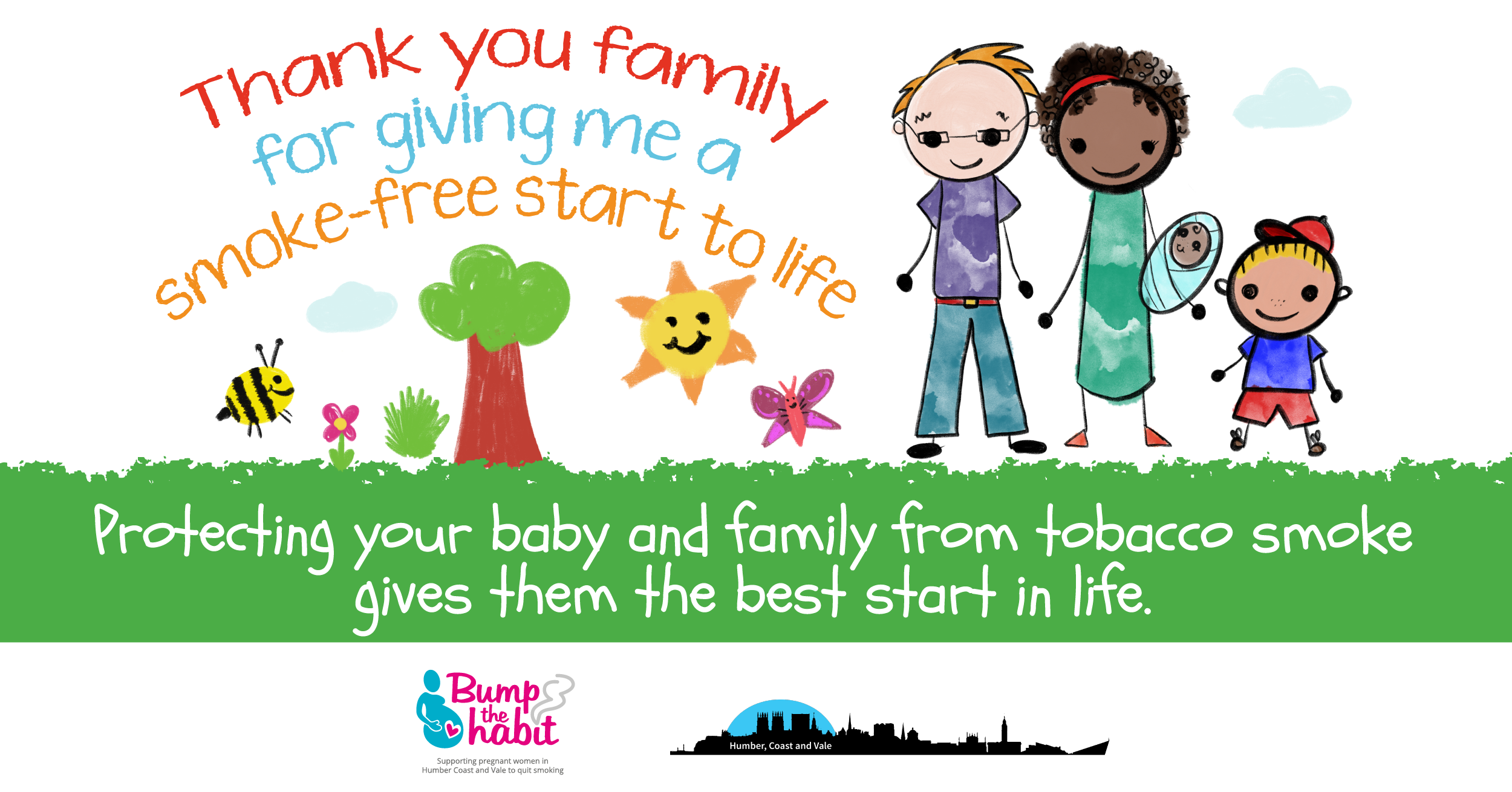
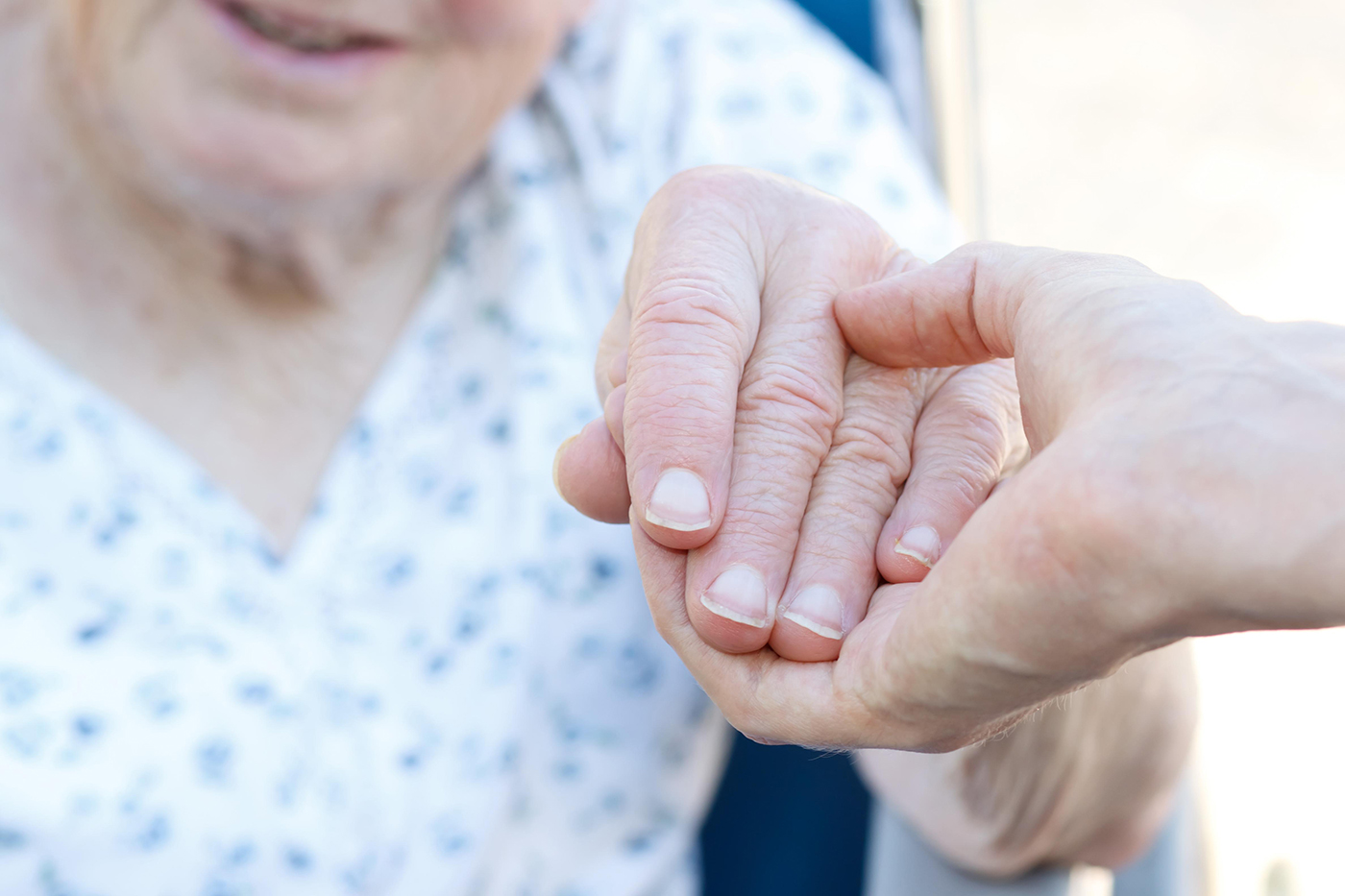
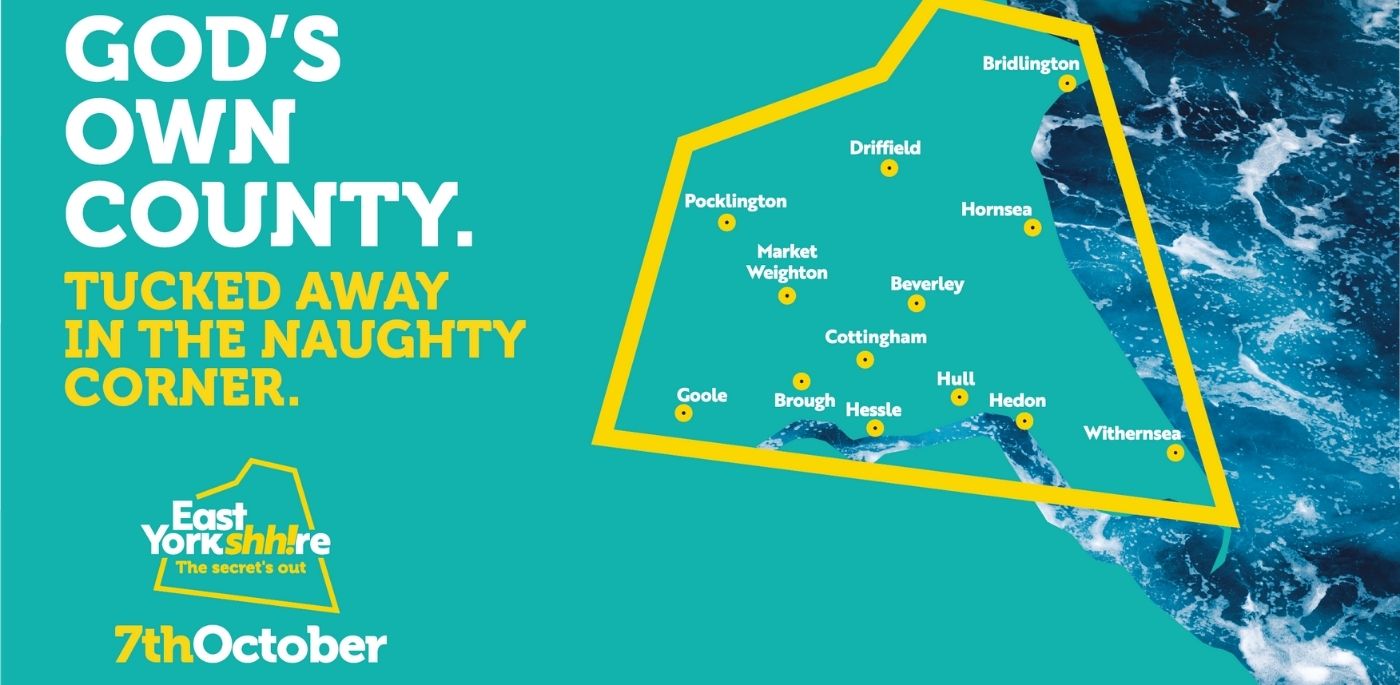

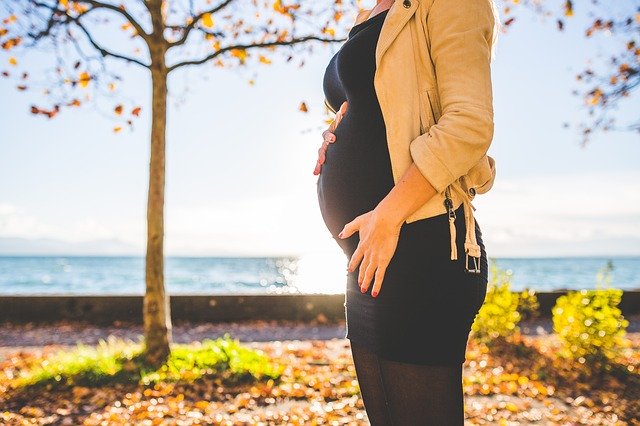
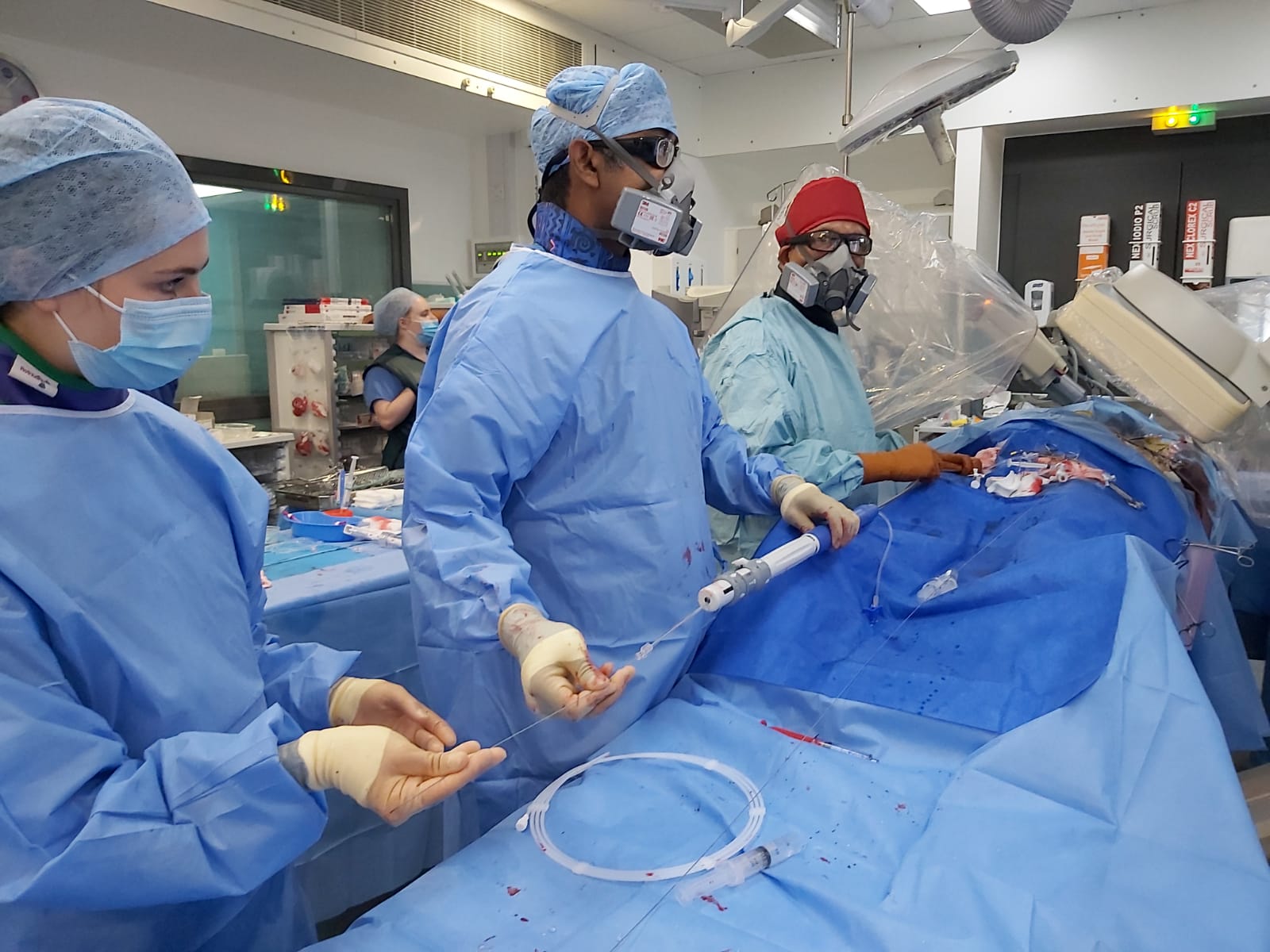
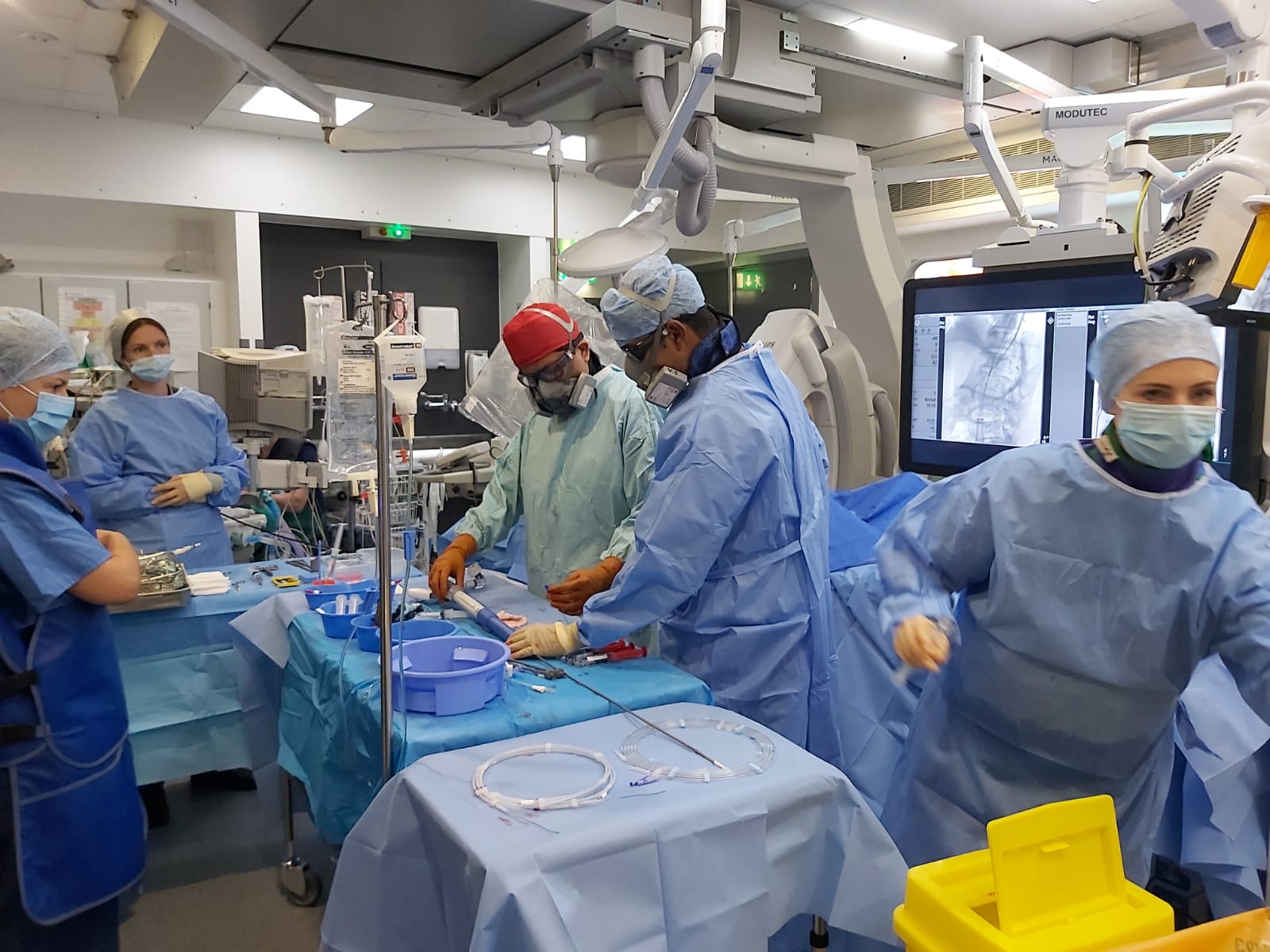 The patient developed an aneurysm – an abnormal bulge or swelling – in his aorta, the major blood vessel that carries blood from the heart to the rest of the body, around ten years ago but recovered after surgery.
The patient developed an aneurysm – an abnormal bulge or swelling – in his aorta, the major blood vessel that carries blood from the heart to the rest of the body, around ten years ago but recovered after surgery.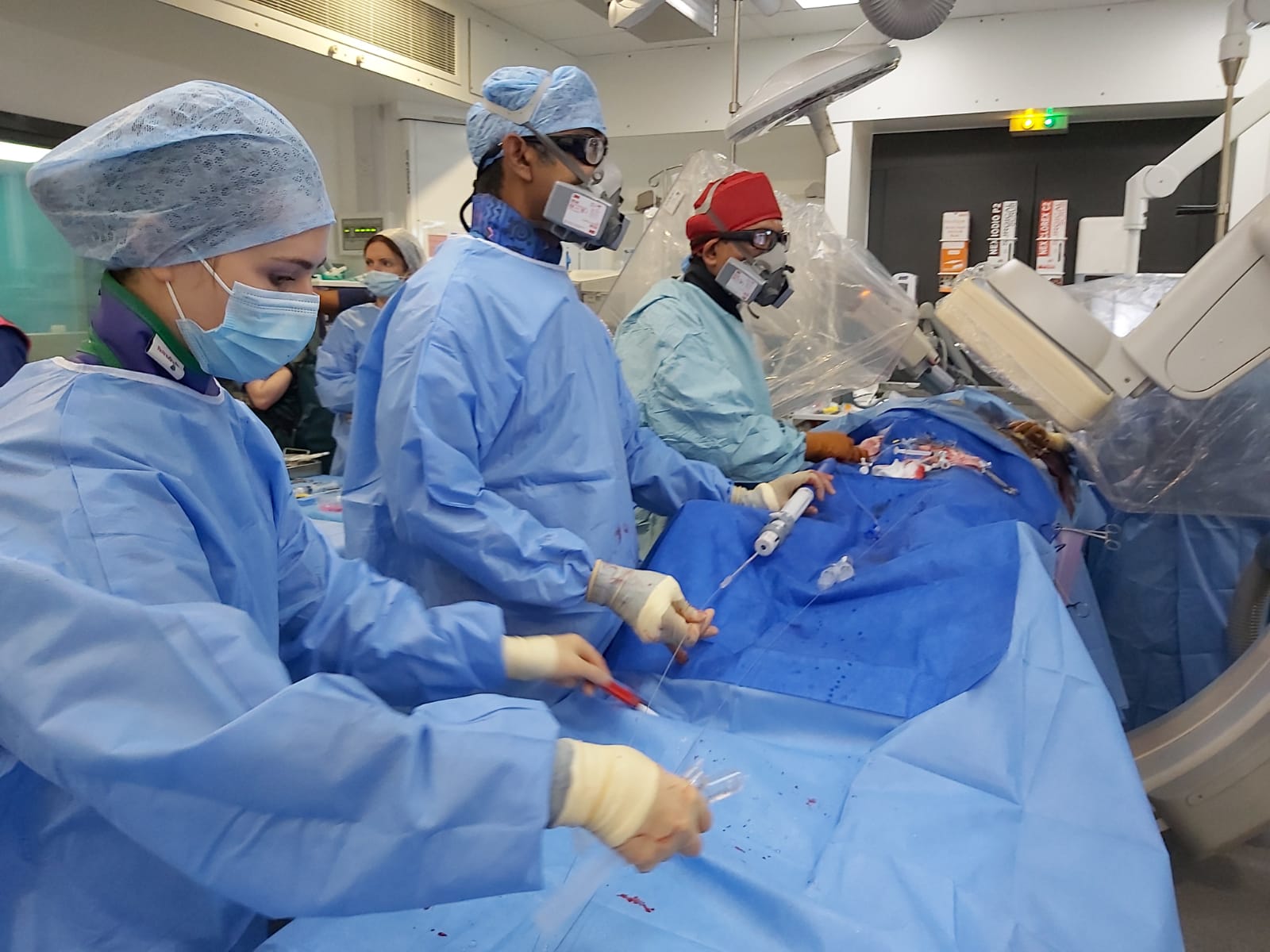 However, Dr Raghu planned to help design windows in both grafts to create the “fenestrated Altura graft” – a two-cylinder graft with fenestrations over the kidneys – to save his patient.
However, Dr Raghu planned to help design windows in both grafts to create the “fenestrated Altura graft” – a two-cylinder graft with fenestrations over the kidneys – to save his patient.
